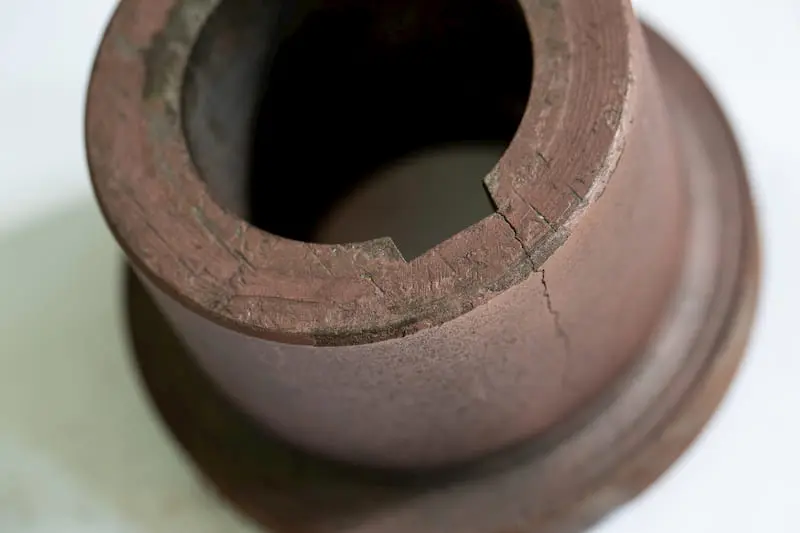Impact of temperature on fatigue resistance
The Hidden Enemy of Your Products Understanding the Impact of Temperature on Fatigue Resistance
As a manufacturer, you understand the importance of ensuring your products meet rigorous standards before they hit the market. However, theres a crucial aspect that often gets overlooked in the testing process temperature. Yes, you read that right! Temperature can have a profound impact on fatigue resistance, which is why its essential to get this critical test done for your products.
At Eurolab, we specialize in providing top-notch laboratory services, and our Impact of temperature on fatigue resistance service is one of the most sought-after tests by manufacturers across various industries. In this article, well delve into the world of fatigue resistance testing, exploring what it entails, its importance, and why you shouldnt compromise on this critical test.
What is Impact of Temperature on Fatigue Resistance?
Fatigue resistance refers to a materials ability to withstand repeated stress without failing. However, temperature plays a significant role in determining how well a product can resist fatigue. When exposed to high or low temperatures, materials undergo physical changes that affect their mechanical properties. For instance, metals may become brittle at sub-zero temperatures or lose their strength at elevated temperatures.
The impact of temperature on fatigue resistance is particularly crucial for products designed for outdoor use, such as aerospace components, automotive parts, and construction equipment. These products are exposed to varying environmental conditions, including extreme temperatures, which can significantly reduce their lifespan and performance.
Why is Impact of Temperature on Fatigue Resistance Essential?
Conducting the impact of temperature on fatigue resistance test helps you
Predict product lifespan By understanding how temperature affects your products fatigue life, you can make informed decisions about maintenance schedules and replacement parts.
Ensure product reliability A reliable product is one that performs consistently under varying conditions. This test ensures your products meet the required standards of reliability.
Reduce warranty claims Fatigue failures due to temperature fluctuations can lead to costly warranty claims. By testing for temperature effects, you minimize the risk of such claims.
Minimize material costs Identifying temperature-sensitive materials allows you to select more suitable alternatives, reducing material waste and associated costs.
Comply with industry standards Regulatory bodies require manufacturers to meet specific standards related to fatigue resistance and temperature conditions. Our test ensures your products meet these requirements.
Benefits of Conducting Impact of Temperature on Fatigue Resistance Test
Here are the key benefits of conducting this critical test
Improved product performance By understanding how temperature affects your products, you can optimize their design for better performance.
Enhanced customer satisfaction Products that consistently perform well under varying conditions lead to increased customer satisfaction and loyalty.
Reduced maintenance costs Regular testing helps identify potential issues before they become major problems, reducing maintenance costs in the long run.
Increased product lifespan By identifying temperature-sensitive materials, you can extend your products lifespan and reduce the need for frequent replacements.
QA Frequently Asked Questions about Impact of Temperature on Fatigue Resistance
What is the ideal temperature range for testing?
The ideal temperature range depends on the material being tested. Typically, tests are conducted at temperatures ranging from -20C to 300C.
Can any type of product be tested for impact of temperature on fatigue resistance?
Yes! Our team can test a wide range of products, including metals, plastics, and composites.
How long does the testing process take?
The duration of testing depends on various factors, such as sample size and material complexity. On average, our testing process takes 2-6 weeks.
What kind of equipment is used for testing?
Our state-of-the-art laboratory is equipped with specialized testing equipment, including fatigue testers, environmental chambers, and temperature control systems.
Conclusion
In conclusion, the impact of temperature on fatigue resistance is a critical aspect that cannot be ignored in product development. At Eurolab, we offer top-notch laboratory services to help manufacturers like you ensure their products meet rigorous standards. By conducting this critical test, youll not only enhance your products performance but also minimize costs and warranty claims.
Dont let temperature-induced fatigue failures compromise your business. Get in touch with us today to schedule an Impact of Temperature on Fatigue Resistance test for your products!
References
ASTM E466-09 Standard Practice for Conducting Force-Controlled Constant-Amplitude Axial Fatigue Tests of Metallic Materials
ISO 1099-12010 Metallic materials Fatigue testing Part 1 General guidance on selection of testing parameters
API 650 Welded Steel Tanks for Oil Storage (Section 4 Temperature Effects)
Note This article is a promotional content for Eurolab and its laboratory services, its not intended to be an academic or technical publication. The text has been optimized for SEO with relevant keywords included throughout the article.




